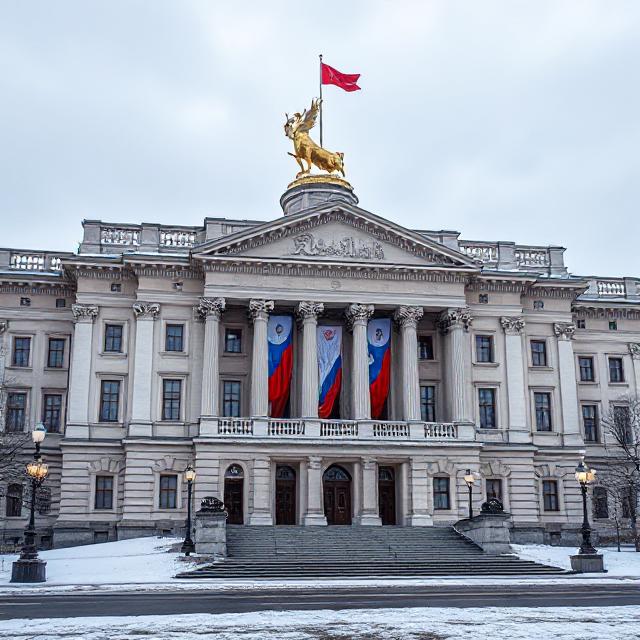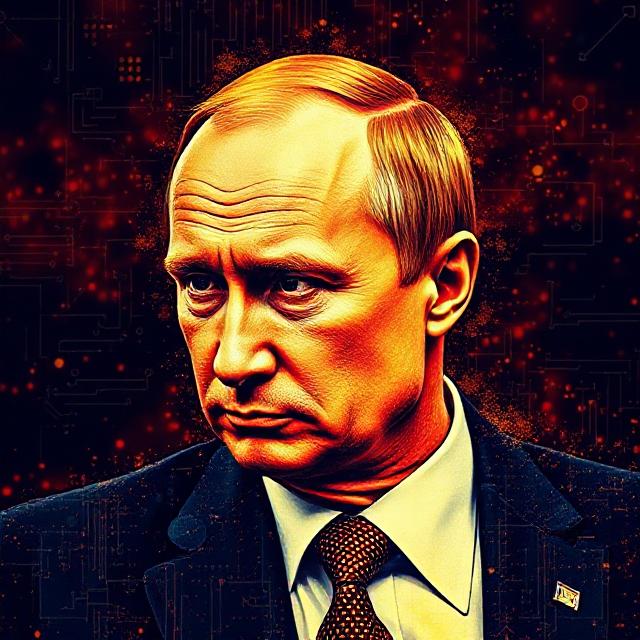Russia has announced that its upcoming government-approved cryptocurrency exchange will only be accessible to “highly qualified investors”—a move that effectively restricts participation to millionaires and institutional entities.
The decision, jointly unveiled by the Central Bank of Russia and the Finance Ministry, comes as part of the country’s cautious approach to integrating cryptocurrency within its tightly controlled financial system.
According to the new guidelines, only individuals who meet strict criteria—such as high net worth thresholds and a proven record of investment experience—will be permitted to trade on the upcoming platform. Retail investors, regardless of interest or crypto holdings, will be barred from accessing the exchange.
“This is not a platform for speculation,” a spokesperson from the Finance Ministry stated. “It’s an infrastructure tool aimed at strategic financial players.”
The move aligns with Russia’s longstanding skepticism toward retail crypto trading, which authorities have often linked to financial risk, capital flight, and unregulated speculation. By contrast, the new exchange seeks to provide institutional investors with a state-regulated environment for blockchain-based assets—effectively walling off access to the general public.

Behind the Policy
While details about the exchange’s technical partners, token offerings, or launch date remain scarce, insiders suggest the platform may integrate with Russia’s broader digital ruble project, which is currently in pilot stages.
The Russian government has been developing a central bank digital currency (CBDC) as part of a larger effort to circumvent Western financial sanctions and modernize its monetary infrastructure. Restricting crypto activity to elite investors may be part of a dual effort: promoting financial innovation while maintaining tight control over capital flow.
Industry Reaction
The crypto community has reacted with mixed emotions. Some see the policy as a smart move to reduce retail investor risk and improve institutional credibility. Others view it as yet another example of state overreach.
“Crypto was created to democratize finance, not to serve the rich,” one user wrote on Telegram. “This is Web3 in chains.”
Global investors are also watching to see whether Russia’s model might inspire similar moves in other tightly-regulated markets like China or India, where governments are experimenting with digital currency infrastructure under heavy regulatory oversight.
What’s next?
Russia’s state-backed crypto exchange is expected to enter the initial rollout phase later this year. Industry watchers will be looking for additional details around:
- Regulatory structure and licensing
- KYC/AML protocols
- Trading volume caps or restrictions
- Integration with the digital ruble system
- Geopolitical implications of sanctioned-state crypto infrastructure
As the global crypto market evolves, Russia’s “Millionaires Only” exchange could signal a shift toward more centralized and stratified participation in digital finance.

